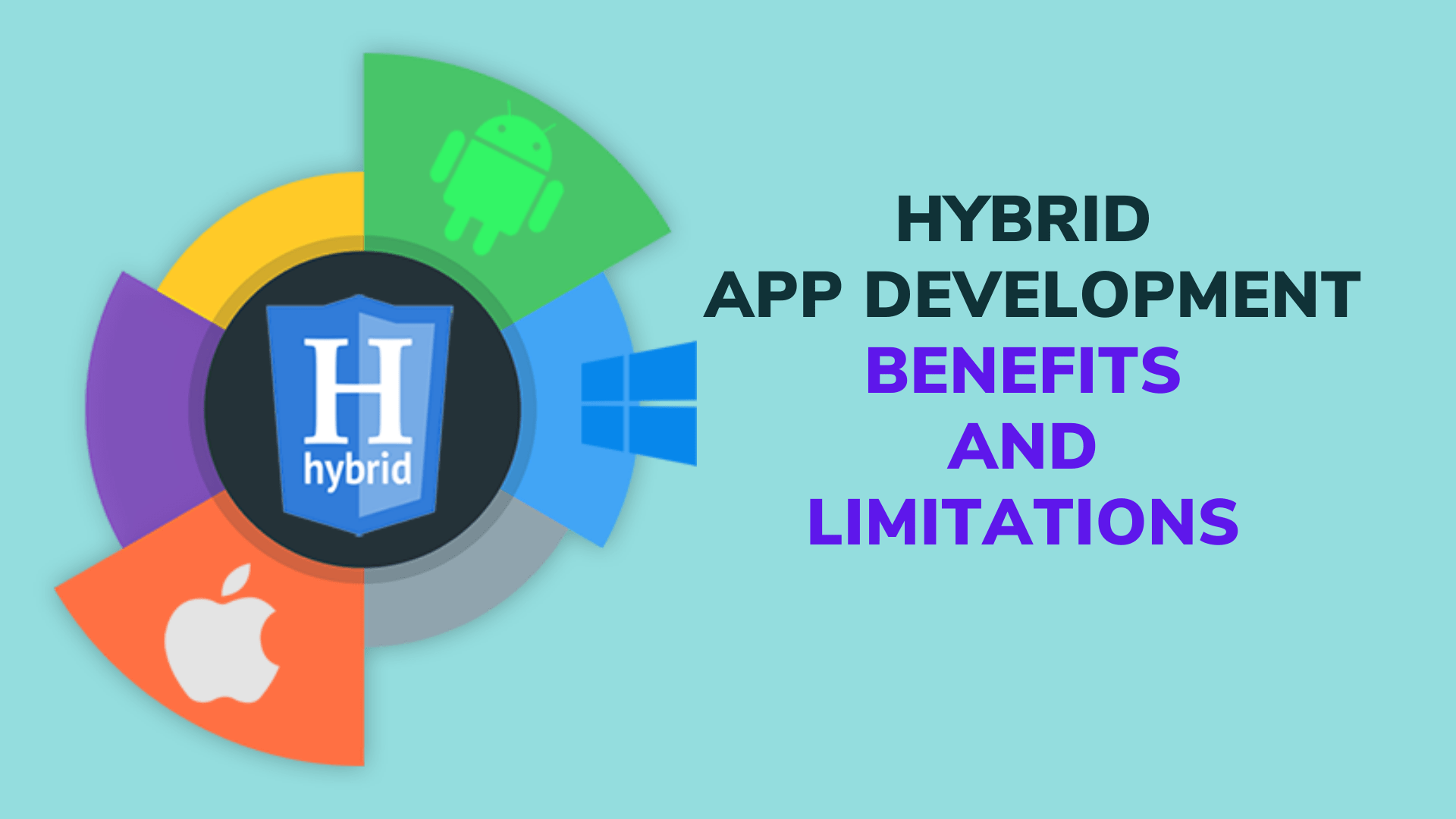What Is a Hybrid App Development?
There are three main ways that mobile apps are developed today. The first one is using the native SDKs directly, which means we establish each app for different platforms with the help of the native language. For Android, it is kotlin or java. In iOS, it is objective C mostly.
The most high-quality apps are always built-in native SDKs, but the operating cost is high for them. That’s where the second method comes to developing hybrid apps instead of native apps.
The idea for the hybrid app was to write once and run it on multiple platforms.
Hybrid apps are like every other app, but they have been deployed into the native platform as a web app. Hybrid apps are the core web package wrapped with native features, they look and feel like the native app, but they are ultimately outside the basic outline of the application and powered by its core website itself.
The only difference they have is the fact that they have adopted certain features of native apps like camera, GPS, etc.
By using technologies like JavaScript and HTML etc., the web view of the app is possible.
Web content is issued through hybrid apps, and to use certain features, the users have to purchase it.
Things have evolved, especially in javascript technology, and modern hybrid apps are developed on cutting-edge technologies.
The complex front-end experiences are developed with Angular, Vue, stencil, and React.
Creating an app that is standing out of the box and is efficient is simple with these technologies. They are released in a native element that can have access through the browsers.

Benefits of Hybrid App Development.
1.Low Cost
Because hybrid apps are powered by their core websites, it is easier to develop and operate them at the lowest cost. Also, the developers only have to write one code and just run it through all the platforms, so instead of frameworks, they create one version for all platforms like Android and IoS.
By doing this, we are saving a lot of money and effort.
2.Stay on Top of the Competition
So having a hybrid app instead of a native app is an advantage because they can release the MVP of the app before the other competitors are releasing their app to the market. Because the application development process for hybrid applications is faster and more reliable.
3.Native Experience
A hybrid app is the company’s core website, and it’s wrapped around the native elements. It provides native-like appeal and the same user experience as native apps. If the background is the same for the users, then they won’t even mind if it’s a hybrid or native. And along with all other benefits, hybrid apps stand out from others.
4.Creative and Innovative
It’s essential to match the developed product to the production environment, but typical applications won’t touch the system environment. But hybrids are innovative and creative that attracts the interests of the users.
5.High-Speed Performance
Just like native apps, hybrid apps operate at an exceptional velocity of speed. Compared to other common mobile app developments, hybrid apps are faster even at higher traffic rates.
6.Attractive UI/UX Designs
Reliability and a good user experience always attract users to use an app.
Hybrid apps provide the best user interface Available in the industry.
7.Offline Support
Offline support is an excellent support that hybrid apps provide to users. People who have no access to the internet but need some assistance over the issues they are facing can reach out to customer support offline Through a hybrid app.
8.Collaborating With Other Apps Without Any Difficulties
While it’s not possible to do that with a native app, it’s not the case for hybrid apps. They can interact with other apps without any limits. Users won’t have any difficulties because hybrid apps are connected to operate with the environment like native apps.
9.Multi-Platform Support
The amount of platforms a hybrid app can perform is expanding, and it is comprehensive. The system operation is supported on every platform. And that will help with performing seamlessly on every platform.
10.Qualified for Online Marketplace
Google play store and apple store has enormous use based and globally, most of the users are using any of these platforms. It’s most likely to be accepted in these stores since it’s a hybrid app. So it is essential to build a hybrid app based on the guidelines of these stores.
Limitations of Hybrid Apps
In this modern era, hybrid apps have raised some concerns among millennials.
- According to the current situation, the performance of native and reviews among the web browser with powerful hardware is negligible.
- Web apps deployed into native platforms. But without proper knowledge, it will be much harder for the developers to provide a more efficient, productive outcome.
- Creating a Third-party Plugin for the development ecosystem is challenging.
- Getting the latest bug fixes and Rollbacks can be challenging.
- Maintenance, Security Risks are significant limitations of hybrid apps.
- Performance optimization is a little more complicated.
Final Words
Hybrid apps have changed the world of mobile app development. Reducing the cost, time and increasing the efficiency has proven to be one of the excellent options to be developed. Hybrid apps are the new trend, and they will continue to be evolving.


